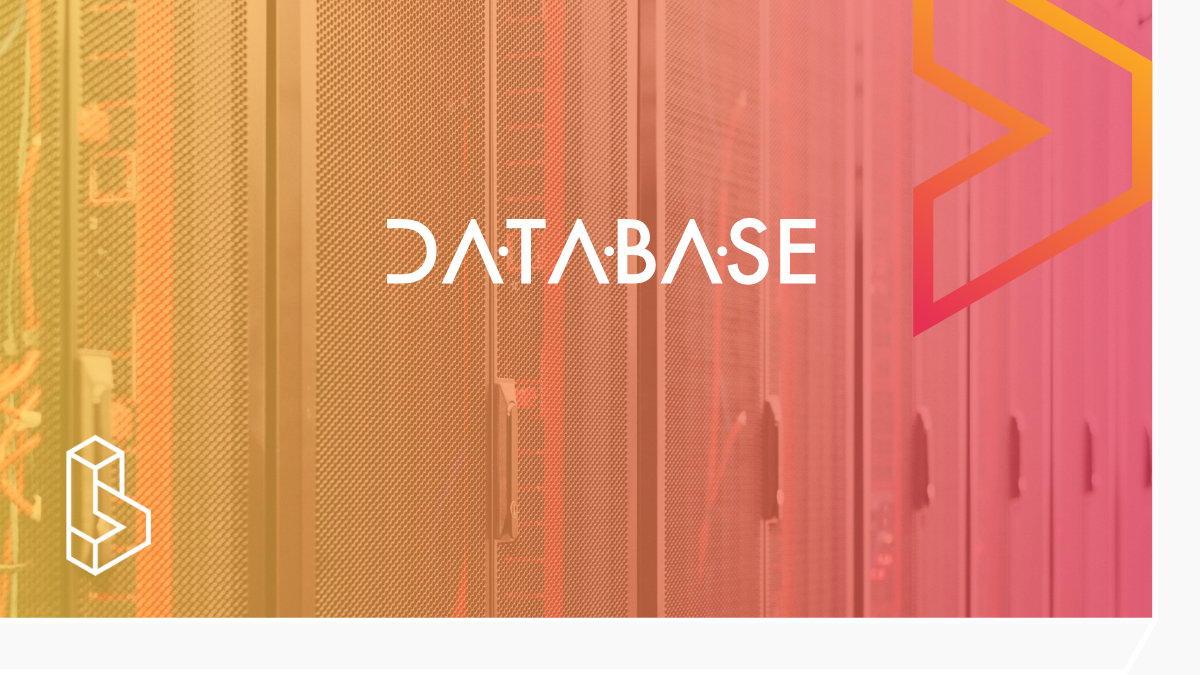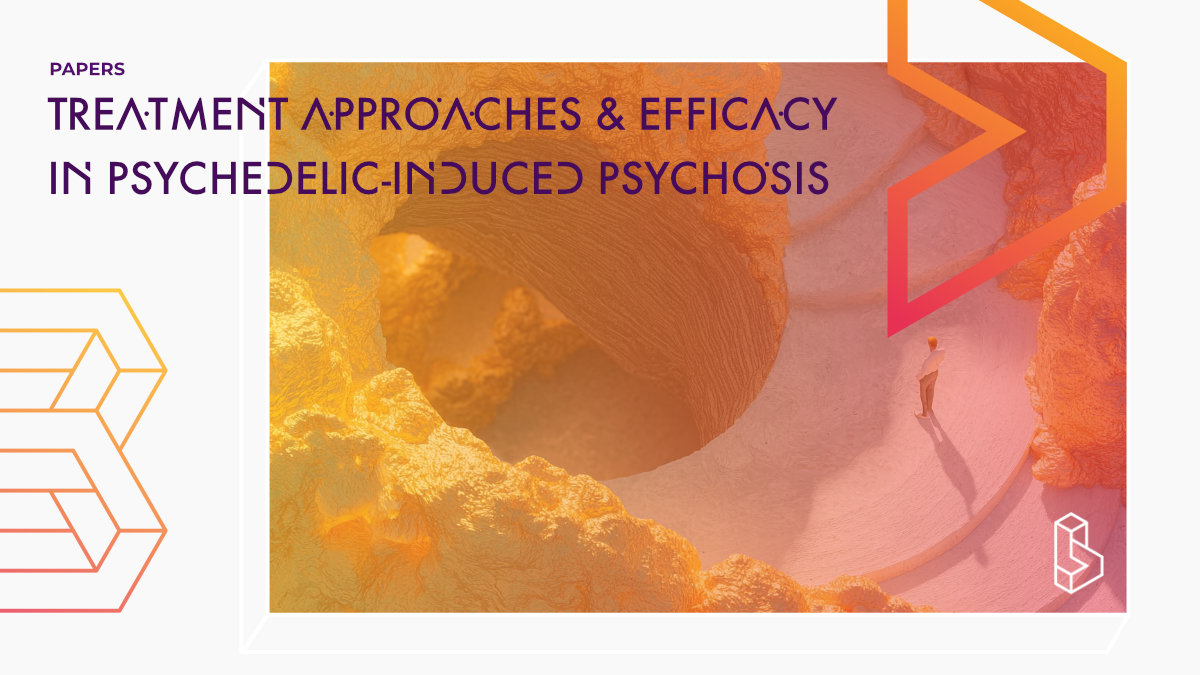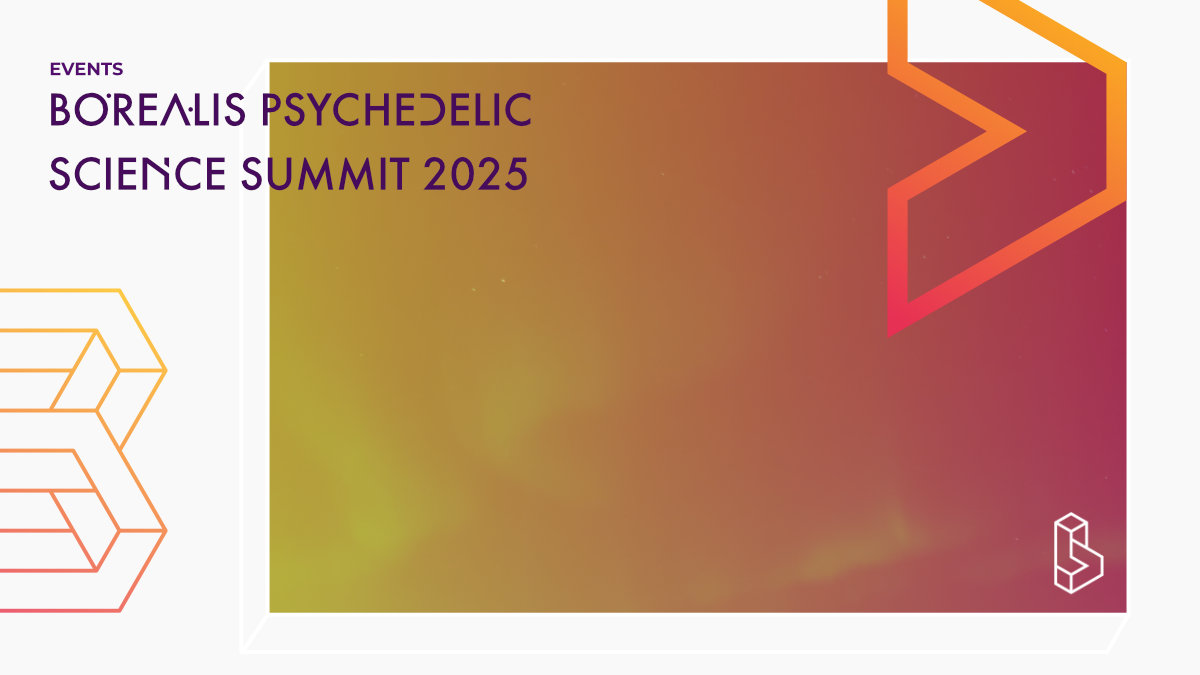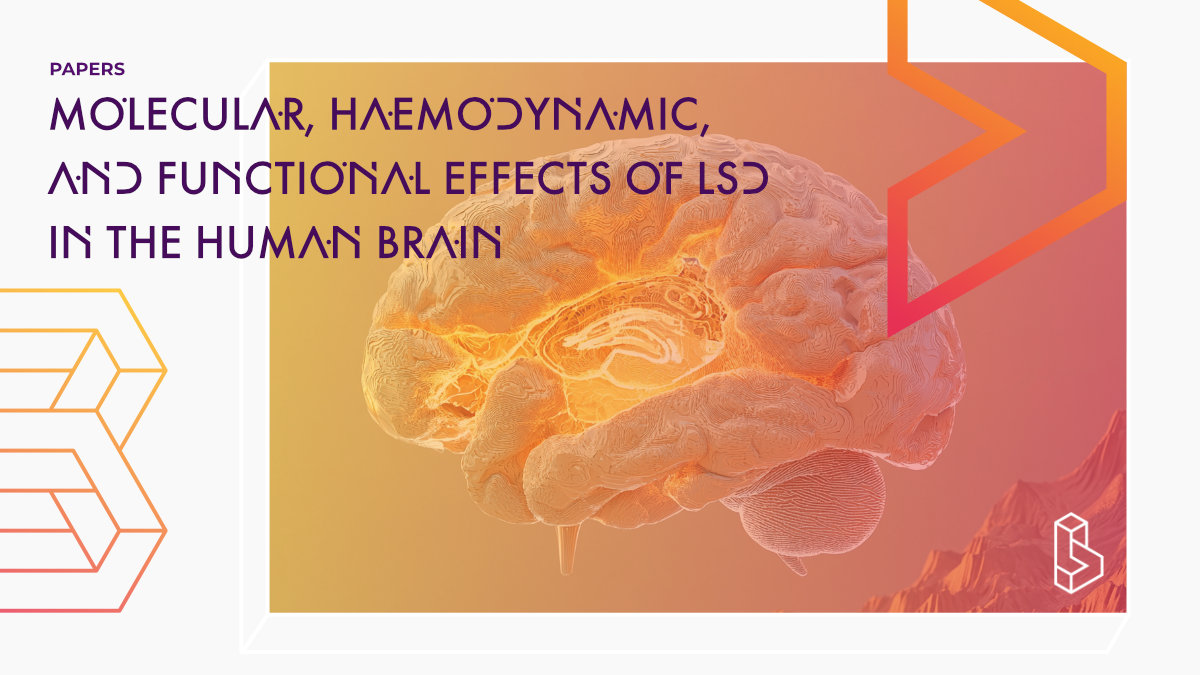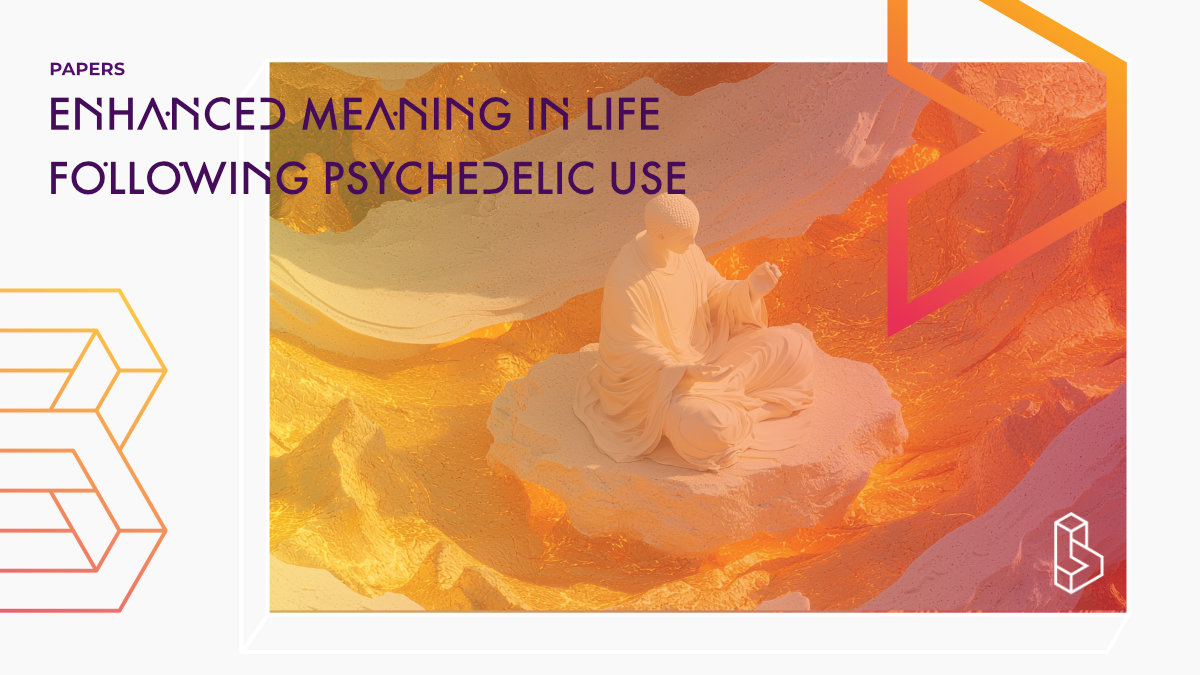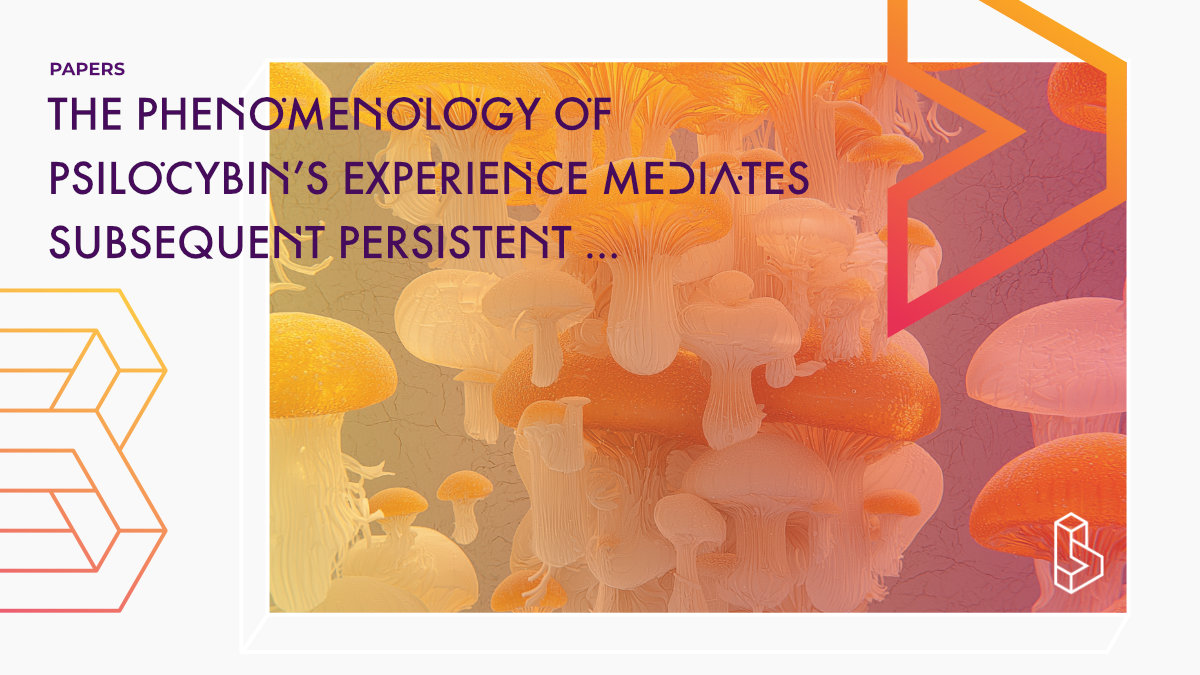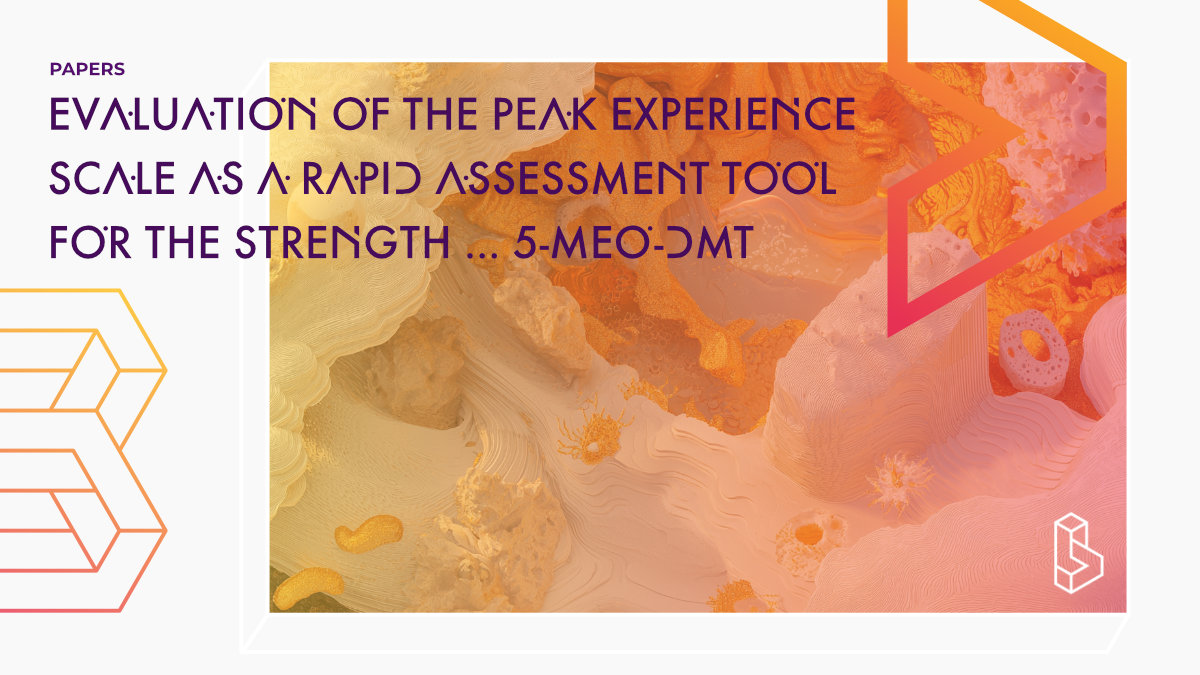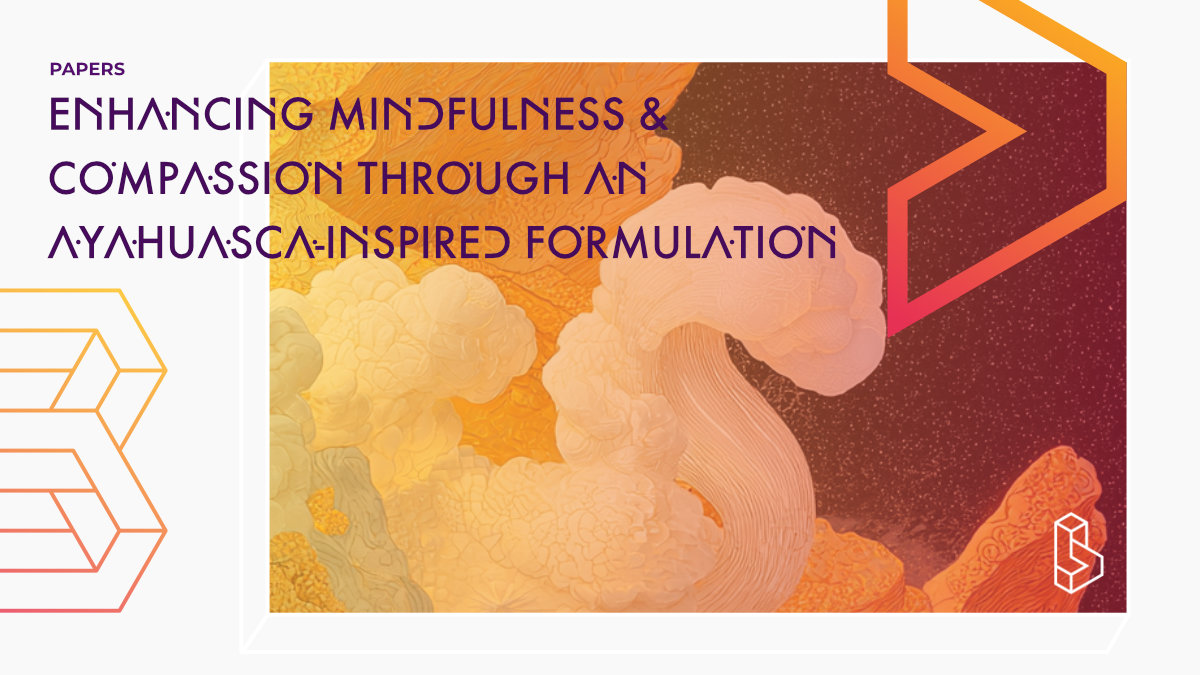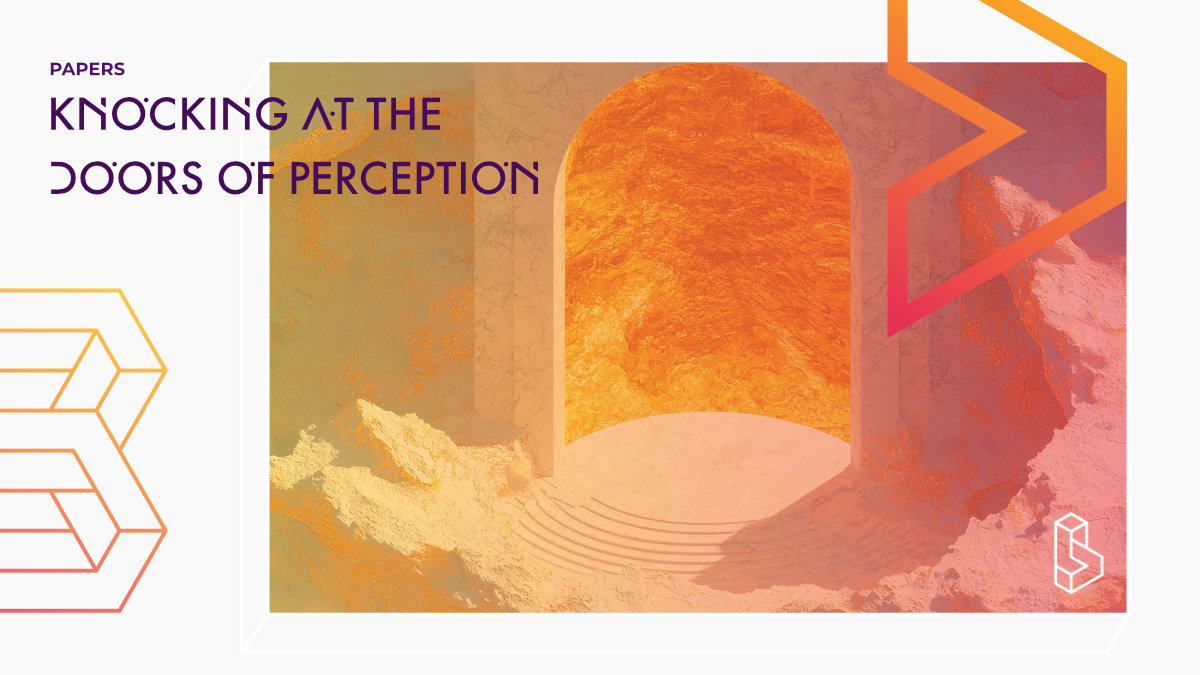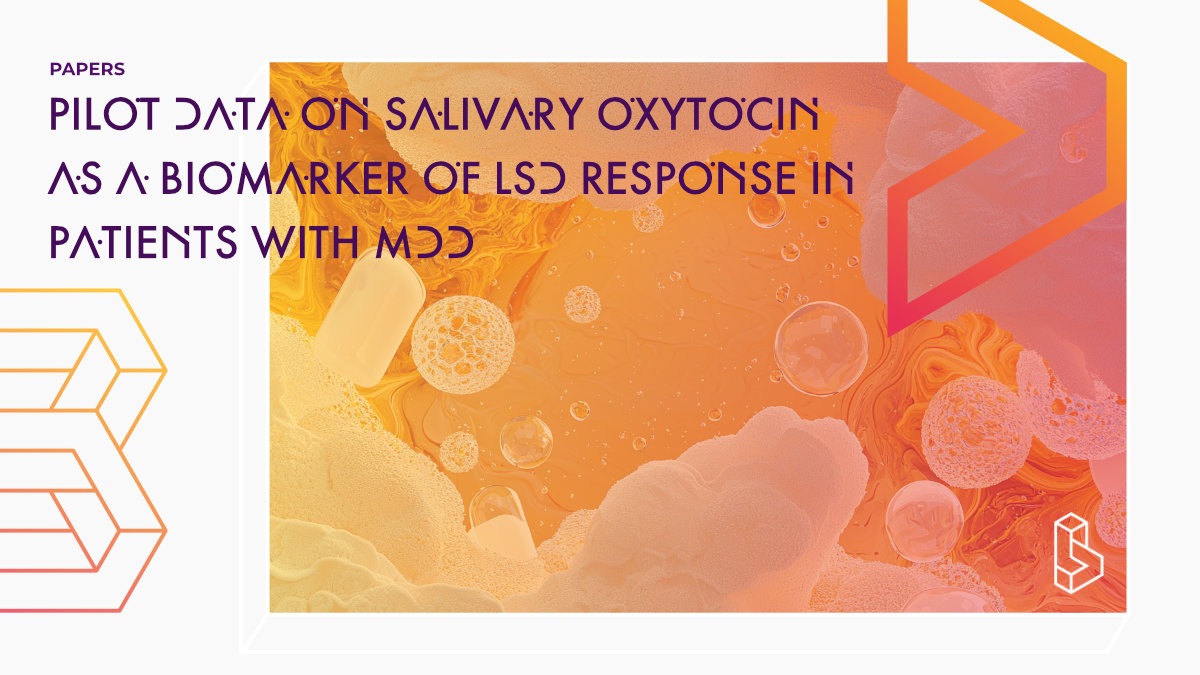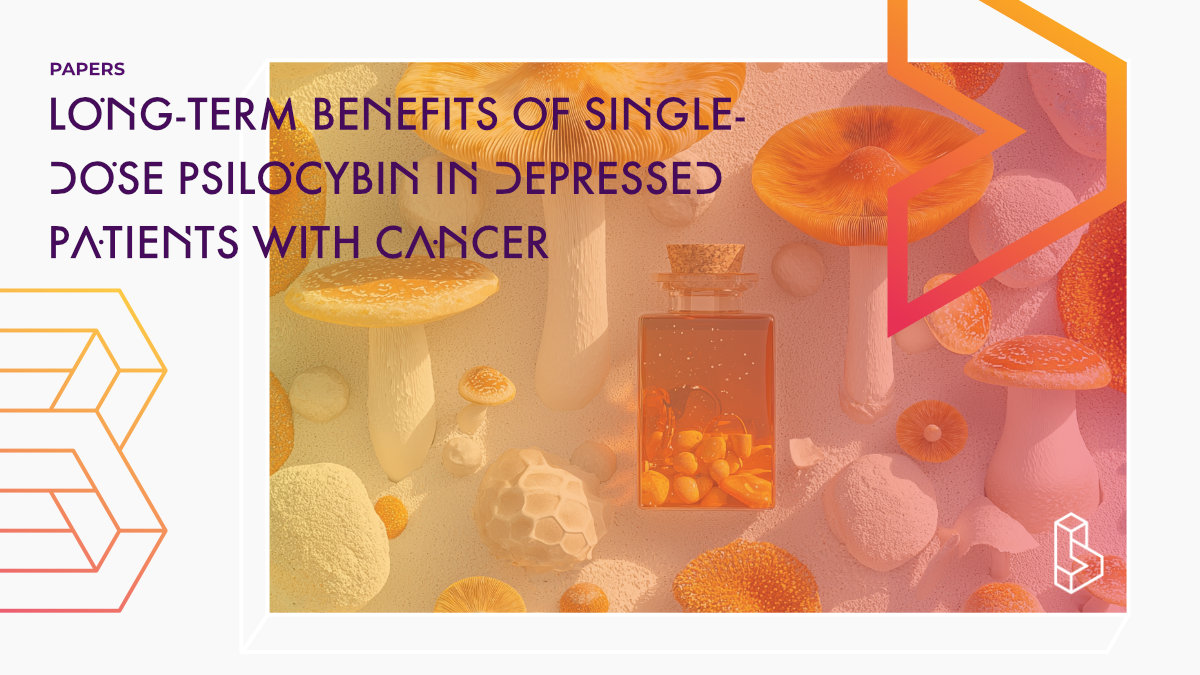You are now searching through our whole database. To make more specific queries, you can use our menu or go directly to papers, companies, trials, or events.
This systematic review (n=93 cases) found that psychedelic-induced psychosis, primarily caused by LSD and MDMA, lasted an average of 1.8 weeks and responded much better to second-generation antipsychotics (91% response rate) than first-generation antipsychotics (27% response rate), though one-third of patients later developed schizophrenia spectrum disorders.
Borealis Psychedelic Science Summit, Stockholm takes place 26–27 Sep 2025. Discussing research, therapy & ethics with Nutt, Holland, Beckman, Luoma.
This pre-print simultaneous PET-MRI study (first of its kind) demonstrates that LSD increases global cerebral blood flow and internal carotid artery flow without affecting artery diameter (opposite to psilocybin's effects), while decreasing global connectivity (particularly in visual networks) and increasing network entropy and spatial complexity, with researchers also observing an anticlockwise hysteresis loop (dynamic lag between an input and an output) between plasma levels and subjective effects that challenges existing hypotheses about psychedelic mechanisms of action.
This mixed-methods analysis (n=973 across multiple cohorts) examines how psychedelic experiences influence “meaning in life” using the Meaning in Life Questionnaire (MLQ) across three contexts: a psilocybin clinical trial for depression, a single-arm healthy volunteer study, and a naturalistic retreat-based study. It finds strong increases in the “presence of meaning” subscale and modest decreases in “search for meaning,” with enhancements linked to improvements in mental health and to the intensity of mystical, ego-dissolution, and emotional breakthrough experiences.
This double-blind, placebo-controlled, cross-over study (n=40) found that two doses of psilocybin (18.2mg/70kg) administered at least 56 days apart (avg. 15 months) produced positive lasting effects in healthy individuals regardless of previous psychedelic experience, sex, or setting, with challenging experiences in controlled environments not causing adverse outcomes, supporting psilocybin's psychological safety for repeated use.
This data analysis of three studies (n=84) validates a three-item Peak Experience Scale (PES) for rapidly assessing 5-MeO-DMT experiences, demonstrating that the scale shows strong internal consistency (Cronbach's α=0.896), correlates highly with established psychedelic experience measures (MEQ-30, EDI, 5D-ASC), and could effectively guide dosing regimens for rapid-acting psychedelics.
This secondary analysis of a randomised, double-blind, placebo-controlled trial (n=31) demonstrated that an ayahuasca-inspired DMT/harmine formulation significantly enhanced mindfulness and compassion (both self-compassion and compassion for others) one day post-treatment, with more pronounced effects in high-sensitivity participants.
This analysis of fMRI data (n=15) examined how LSD (75μg) affects local brain activity and connectivity, finding that LSD decreased both measures in somatosensory/visual areas, with additional activity decreases in Default Mode and Fronto-Parietal networks and connectivity decreases in subcortical regions, with these changes occurring primarily in brain regions with high densities of D2 and 5HT1a receptors, suggesting complex neurobiological mechanisms underlying LSD's effects.
This pre-print reports an observational pilot study (n=12) examining salivary oxytocin ('love/bonding hormone') dynamics during LSD-assisted psychotherapy (100-150μg) for treatment-resistant depression (TRD), finding significant time-dependent variations in both oxytocin levels and subjective drug intensity ratings, suggesting oxytocin may serve as a potential biomarker for psychedelic therapy.
This Phase II trial long-term follow-up (n=30) found that a single dose of psilocybin (25mg) combined with psychological support provided sustained benefits for cancer patients with depression, with 54% showing significant depression reduction (50% remission) and 46% experiencing reduced anxiety at 2 years' follow-up, suggesting a potential paradigm shift in depression treatment for cancer patients compared to traditional daily antidepressants.
Psychedelic Database
Find everything on psychedelics as medicine. This page allows you to search through our whole database, from research papers to news articles, and from clinical trials to academic articles.
Next to our databases, don’t forget to check out our reports. The reports bring together the separate pieces of information from our database entries into written reports.
